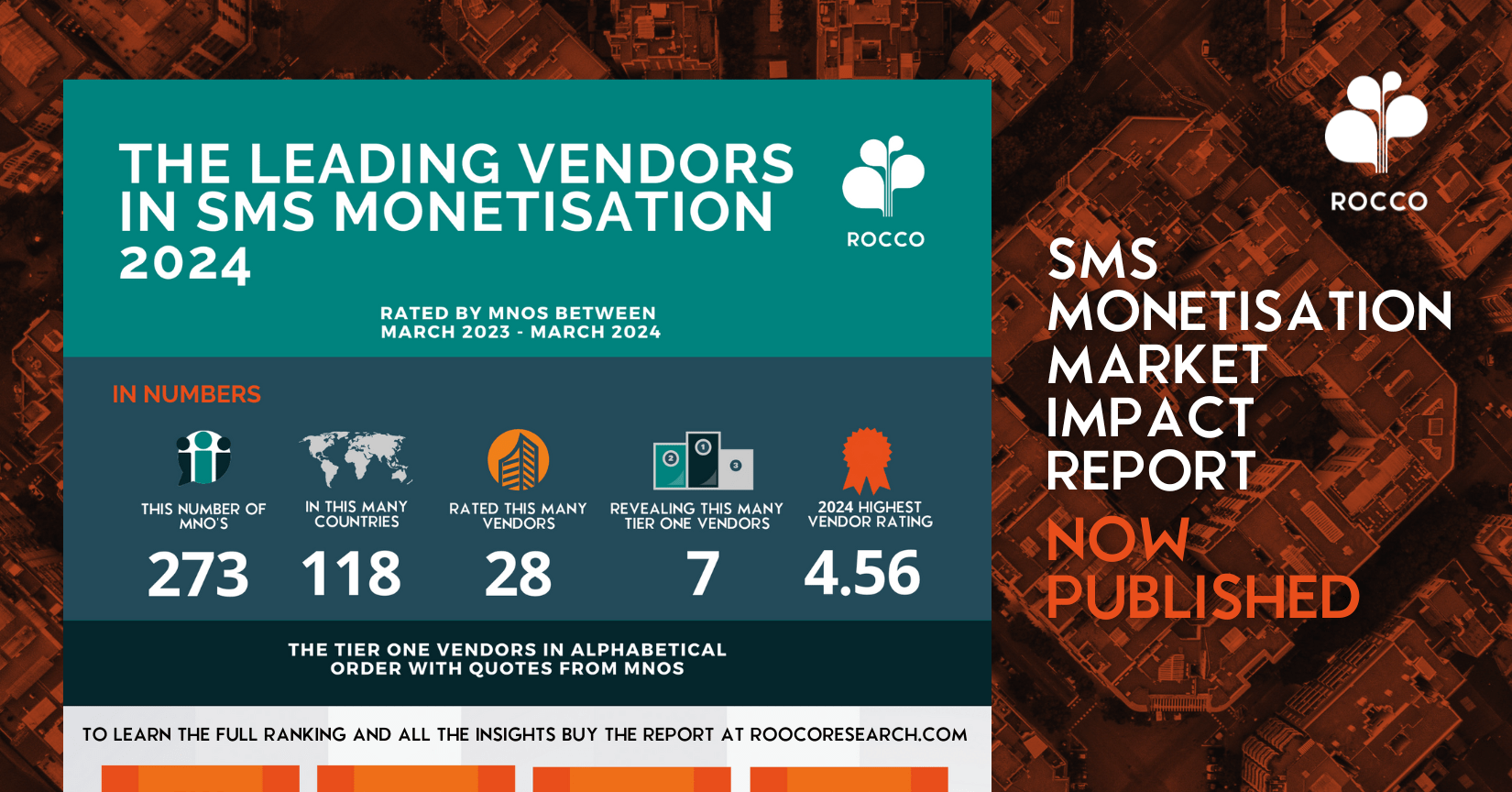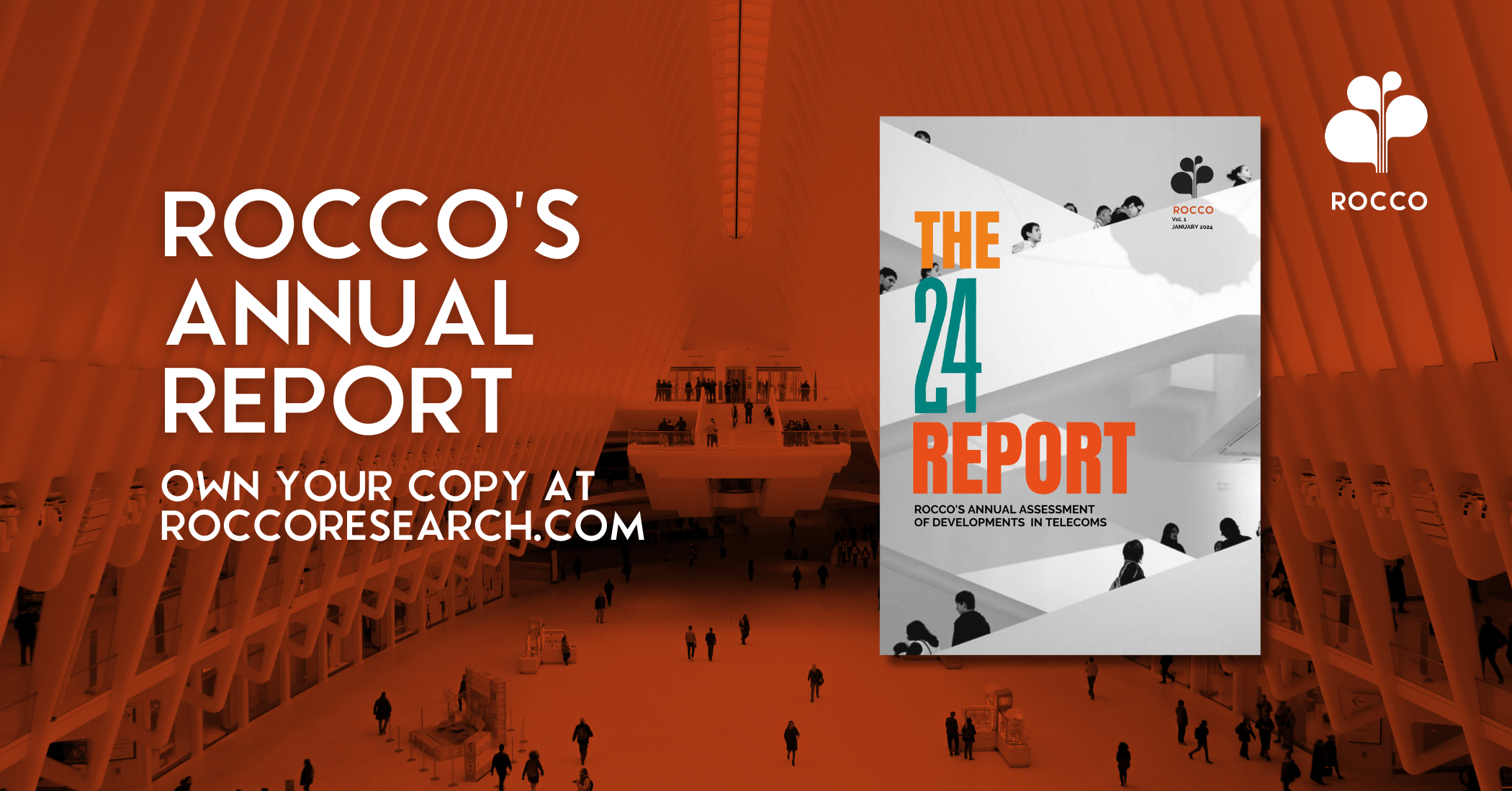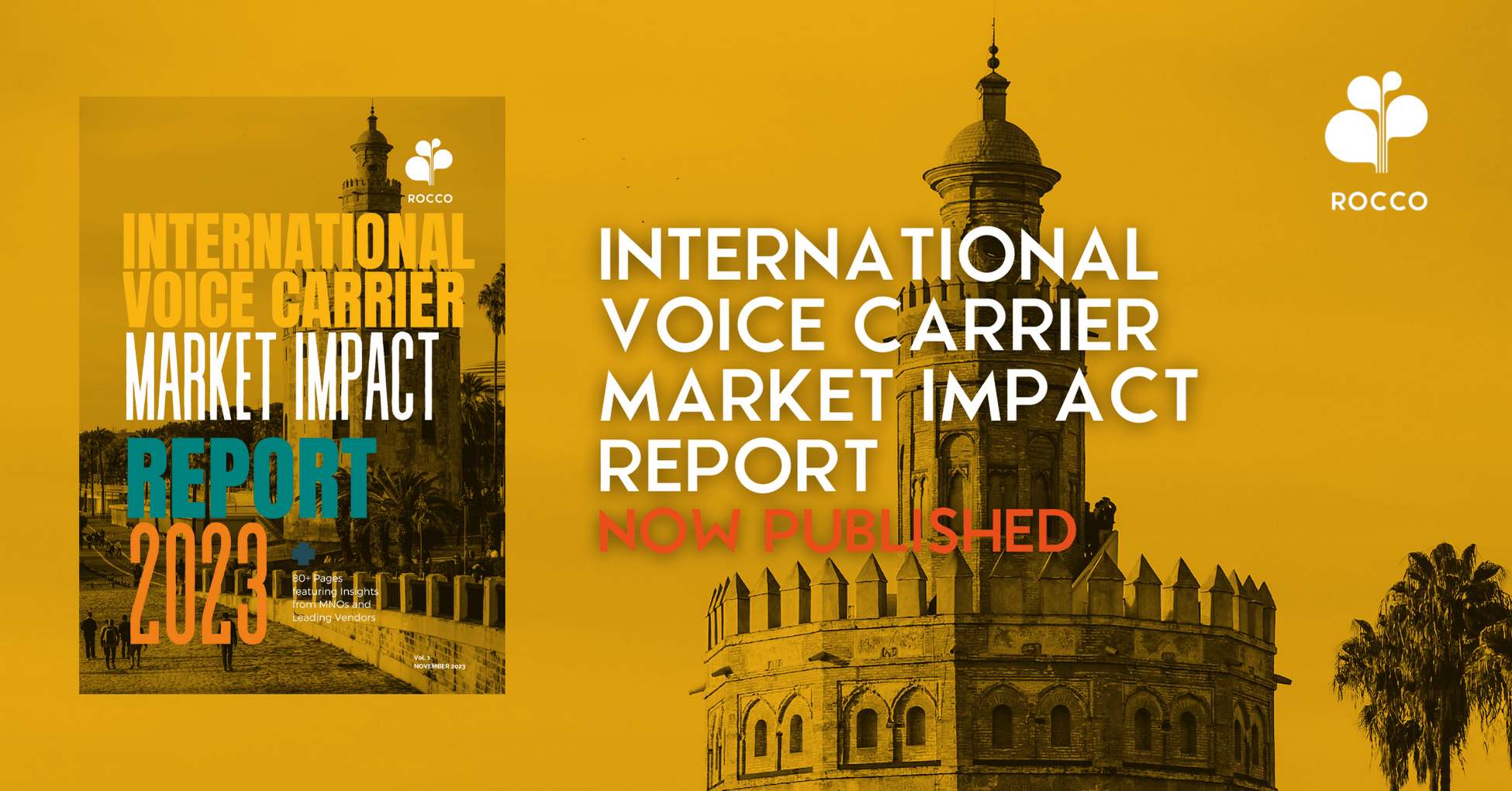 EU Regulation: Roaming Surcharges for Sustainability
EU Regulation: Roaming Surcharges for Sustainability
While the EU just celebrated its 60th birthday in Rome last week, in Brussels the Board of Regulators of the EU, BEREC concluded on some amendments to the latest Roaming Regulation which will have left most EU citizens wondering if their expectations about the abolition of Roaming will actually be met.
According to Article 6c of the EU Roaming Regulation, in specific and exceptional circumstances, with a view to ensuring the sustainability of its domestic charging model, a roaming provider may apply for authorisation to apply a roaming surcharge.
What does this mean… Well simply that any MNO may decide to request of their National regulation Authority permission to charge for Roaming fees. Effectively they can go against the EU Roaming Regulation for abolition of Roaming. The fall in Roaming revenues that the Regulation requires must be so substantial that the MNO or MVNO may effectively have to change their pricing for Domestic services and be “undermining its domestic charging model”.
The MNO must make the application for the surcharge at least one month before the Regulation takes effect 15th June 2017 and the surcharge if granted will be permitted for a year. The local regulator must give permission for an operator to impose the surcharge. The case we recently saw in Ireland of an MNO inviting their own surcharge is naturally not permitted.
The threshold to apply a retail roaming surcharge is when the loss generated by the provision of roaming is at least 3% of the total revenues generated from mobile services. As indicated by BEREC:
“An operator applying for an authorisation to apply roaming surcharges has to submit its estimated roaming retail net margin over a period of 12 months starting at the earliest on 15 June 2017.
Its projected roaming retail net margin, in case it is negative, will be compared to its projected mobile services margin. In case the absolute value of the roaming retail net margin is equivalent to 3% or more of the mobile services margin, the NRA will examine the specific circumstances mentioned in Article 10 (2) CIR in order to conclude whether a surcharge on regulated roaming services should be authorized.”
BEREC are still discussing whether a case where one service shows anomalous consumption, the surcharge can be applied on this specific service or on all roaming services
There are three circumstances under which a local regulator can conclude that the undermining of the domestic charging model is unlikely:
- When the MNO is part of a Group: the applicant is part of a Operator group and there is evidence of internal transfer pricing in favour of the other subsidiaries of the group – this would particularly apply in case of a “substantive imbalance” of wholesale roaming charges within the group; In such cases the NRA may conclude that the share of costs attributed to the applicant is disproportionately large (when compared to other subsidiaries of the group) and the NRA may refuse to grant the possibility of applying sustainability surcharges.
- The degree of competition in the domestic market would allow the operator to absorb the reduced margins; and
- As FUP conditions may limit the losses of the applicant, an operator’s application cannot ground its roaming losses on the basis of a FUP that is more generous. An applicant should first adjust to a stricter FUP as this may improve its retail roaming net margin.
Roaming Regulation stipulates that roaming providers, upon authorization by the NRA, should be able to apply a surcharge to the regulated retail roaming services only to the extent necessary to recover all relevant costs of providing such services.
When assessing the level of the sustainability surcharge, NRAs shall ensure that the level of the surcharge does not go beyond what is necessary for cost recovery. As part of its application, the roaming provider itself has to show that its proposed roaming surcharges make its domestic charging model remain sustainable while at the same time do not go beyond what is necessary for cost recovery.
On balance even with Fair Use Policies (FUP) it is likely that we will see examples of Surcharges in the EU and most likely that the press will be the first to advise that the EU is not at all a single market for Roaming, there is no EU 28 abolition of Roaming as we anticipated back in 2015. But let’s not jump the gun.
First the MNOs and MVNOs will have to make their applications.
For more about the EU Roaming Regulation, follow our Global Insights mailers or contact us at HQ@rocco.group









